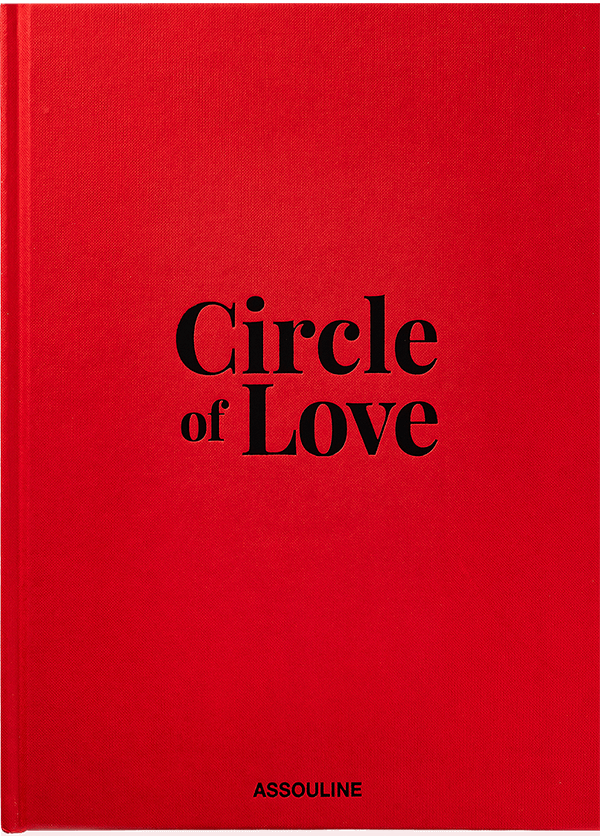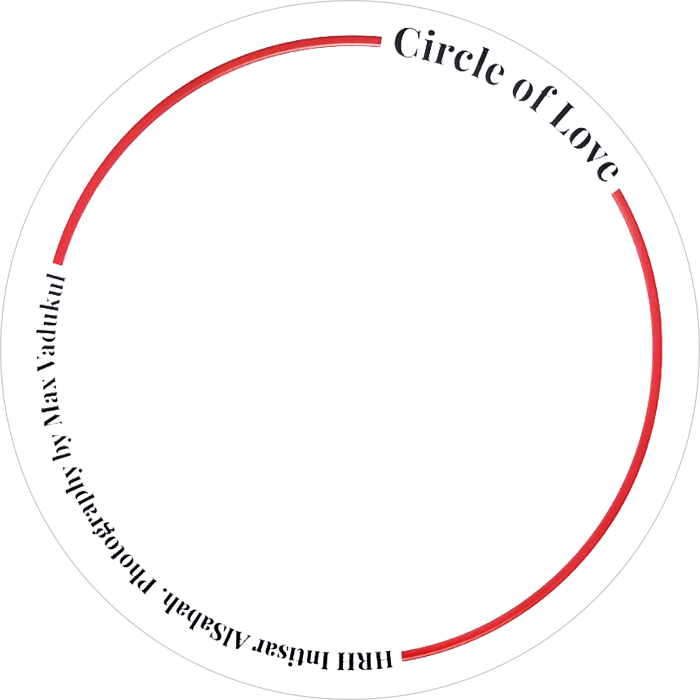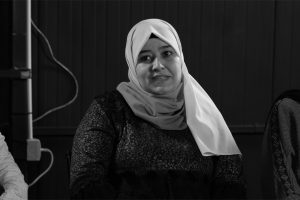X



“My mental health deteriorated, I would get angry and black out, hurt myself. I tried to throw myself out of the window a few times. I started to get worried that I would hurt others in my family, not just myself. I tried to find a psychologist to help me, and I went only once because I could not afford to attend the rest of the sessions. Finally, I got a call from Anamel about the drama therapy programme by Intisar Foundation, and so I decided to join.”
My family and I moved to Lebanon in 2017. I studied until the 6th grade, and thankfully, I can read and write and often spend many hours reading the Holy Quran. I was also able to educate all my children.
I worked as a seamstress most of my life, but it has become more difficult as there’s little electricity in Lebanon, so I cannot use my sewing machine.
My family and I lived through the worst of the war.
We suffered under ISIS for many years. My husband was an employee and did not own a house. We were told that if we tried to leave our area in Syria, we would be considered apostates and they would come after us. Then, when my son was 17, he was working in a store after school to help the family, and one day, he was joking with his colleagues and some people overheard them. The ISIS militants came after him, threatening to put him in jail and execute him.
We left everything behind and ran away. For three months, we hid in different places and were on the run. We witnessed airstrikes, airplanes overhead, and bombings. At some point, my leg suffered an injury, but I had to continue walking for five more days before we were able to find a clinic. I found out it had been broken and I had to wear a cast for 2 months. I still kept on walking with my family, trying to get out of Syria to keep my son safe.
Eventually, we made it to Lebanon, but it was not a safe haven at all. We had no one and nothing to support us. My son had to work to help support us. My leg healed after some time, although I was still in pain, and I was able to work at an orphanage near our house in Khalde, south of Beirut. At some point, my son was falsely accused of using forged money. He had sold his phone and the buyer gave him bills that were forged. The police stuck him with the accusation instead of finding the man who bought his phone. He was put in jail for 12 months. When he came out, he refused to shower, he would not eat for days, would not speak to us, and wanted to stay in a dark room constantly. He was very traumatised by the things he saw in jail, and we had to get him psychological help.
“All these things left countless scars on me and my family. We could not catch a break, we were always on the run, always poor, always insecure. Always trying to solve problems we have not created ourselves.”
Of course, all these things left countless scars on me and my family. We could not catch a break, we were always on the run, always poor, always insecure. Always trying to solve problems we have not created ourselves. Between the rent of the house, the medicine for my husband, and my other son’s hearing disability, it’s been a constant struggle, but we strive and we somehow survive. Our most basic needs and rights do not exist. Sometimes, when customers would come to give me a pair of pants or a shirt to fix, they would pay me with bread instead of money.
My mental health deteriorated, I would get angry and blackout hurt myself. I tried to throw myself out of the window a few times. I started to get worried that I would hurt others in my family, not just myself. I tried to find a psychologist to help me, and I went only once because I could not afford to attend the rest of the sessions. Finally, I got a call from Anamel about the drama therapy programme by Intisar Foundation, and so I decided to join.”
I met other women who had stories like mine, stories worse than mine. I started to understand that I was not alone in my suffering and distress. I saw how they would talk about their problems and the techniques they used to keep themselves in a good mindset. It felt like a big loving family where everyone cared about you, and you cared about everyone as well. We would check on each other over the WhatsApp group, sending text messages to see if everyone was okay between the sessions.
The best thing about it, and what really made us feel safe enough to share, was the fact that we all trusted each other and knew that whatever would come up would stay between us. Thank God, this made us more likely to talk about the things we never discussed openly with others. I felt like I could talk to the women and disclose my pain and suffering without negatively impacting them. This was always something that kept me from talking to my sister or neighbor about my problems because I knew how much they were suffering as well. However, the drama therapy sessions made me feel like I had removed a mountain off my shoulders. I was repressing a lot of things inside me.
I also found a psychologist who was willing to have weekly phone calls with me. The trainer at Intisar Foundation encouraged me to continue the weekly calls. The drama therapy programme and the weekly calls worked together in a way. I would open up about trauma in the drama therapy sessions and talk about it more in the calls. I looked forward to Tuesdays because I knew how helpful and relaxing the sessions were.
I hope that women would work on their talents, develop their skills and find something that helps them relax and feel good about themselves. Even if it is just five minutes a day, sit alone and check in with yourself, listen to music, and breathe deeply. Find outlets for your frustration, and keep yourself busy. If you are able to do drama therapy exercises at home, do them. Do not give up, seek help if you need it. Going to therapy or seeing a psychologist is not wrong, it is not a flaw. Mental health specialists are like a doctor, if your arm hurts, you go to see a doctor and not wait for the pain to disappear by itself. Unfortunately, our society believes that working on your mental health in any way is a sign of someone’s weakness.
With the help of drama therapy and my psychologist, I was able to overcome my suicidal thoughts and focus on the positive in life. As a mother and a wife, I have made many sacrifices, but I refuse to sacrifice my life or well-being because of my life circumstances. Seek help, especially if you are a woman, we often carry more than we can.
“Going to therapy or seeing a psychologist is not wrong, it is not a flaw. Mental health specialists are like a doctor, if you arm hurts, you go to see a doctor and not wait for the pain to disappear by itself. Unfortunately, our society believes that working on your mental health in any way is a sign of someone’s weakness.”

Officially registered as a humanitarian organisation with the Charity Commission for England and Wales in 2019, Intisar Foundation is the first charitable organisation in the Middle East dedicated to providing psychological support programmes of drama therapy to Arab women affected by the brutality of war and violence.
Intisar Foundation
McCarthy Denning, Suite 102,
70 Mark Lane, London, EC3R 7NQ
UK Registration Charity Number: 1182384

For more than a month, we are witnessing how international humanitarian law fails to protect Palestinian mothers and children.
Day after day, we have been lamenting and denouncing new acts of violence that brought injustice and the bemoaning loss of innocent lives in Gaza.
And yet, Palestinians in Gaza still face new perils with every next hour.
In writing this letter to the world as a demand for action to end this suffering, I join millions of others who have condemned the continued Israeli aggression and call for an immediate ceasefire.
We at Intisar Foundation also invite you to join us in working on preventing this trauma to linger and gnaw through another generation of Palestinians, and Arabs in general.
The mission of Intisar Foundation is to bring Peace to the Arab world through the psychological recovery of Arab women traumatised by war and violence, which can result in the women stopping the continued cycle of violence inflicted on or by them.
In this way, our work helps Arab homes traumatised by violence become more Peaceful again.
The ripple effect of this outcome can be that Peace flowcharts from one Arab home to another, from one Arab community to another, reaching and affecting our whole region.
In its very essence, therefore, Intisar Foundation’s work has always been about breaking the chains of trans-generational trauma.
While I salute people around the world confronting this injustice – from the world’s best universities, influencers, civil society activists and organisations, to ordinary people taking to streets and social media to raise their voices for Peace – I am now certain that we will not resolve the Palestinian crisis only with ceasefires, humanitarian aid, or rebuilding their homes and neighbourhoods.
We need to recover and protect the souls of current and future generations of Palestinians, and all Arabs, from this trauma.
To that end, Intisar Foundation is committed to turning this terrible man-made tragedy into a healing woman-led victory for Palestine, for humanity!
Intisar AlSabah
Leave a Reply